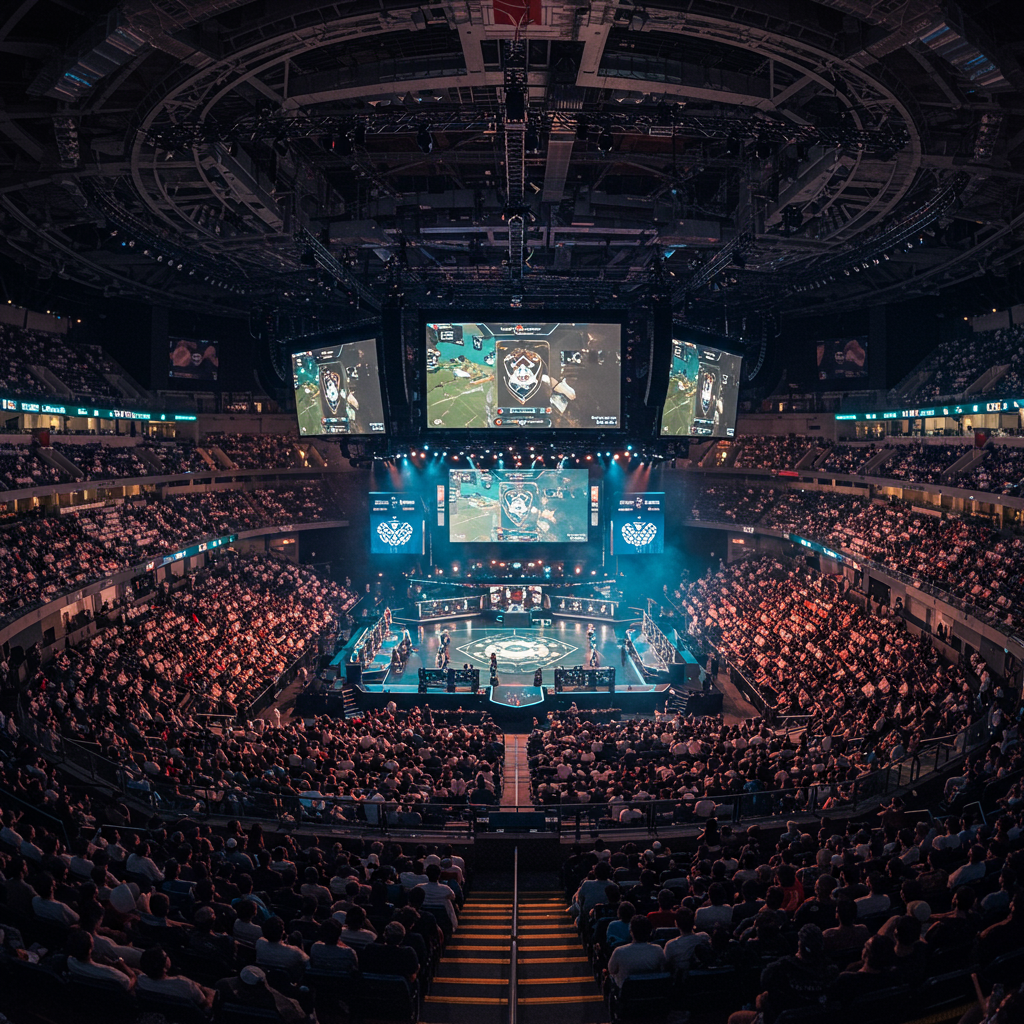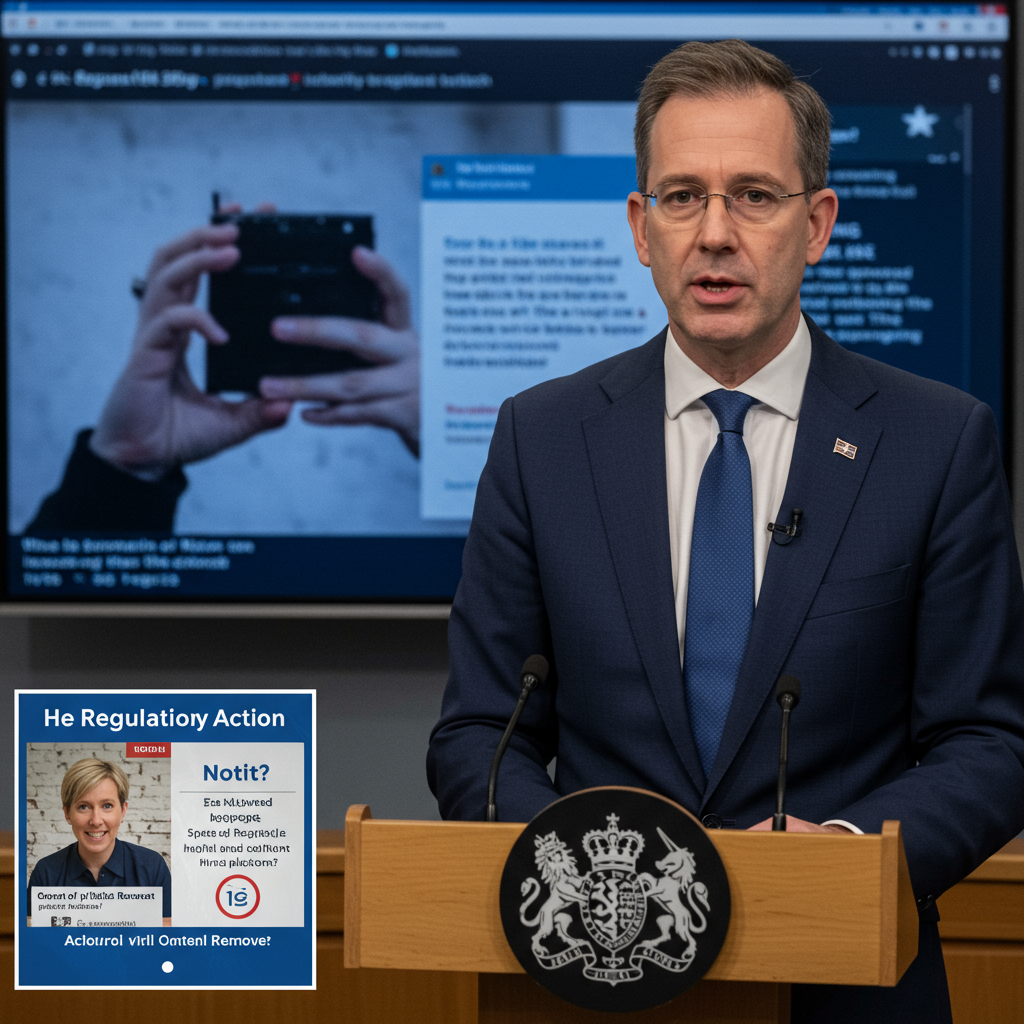The global esports calendar features few events rivaling the sheer scale and stakes of the Esports World Cup (EWC). Launched in Riyadh, Saudi Arabia, the second iteration of this ambitious tournament is currently underway. Over seven intense weeks, premier esports organizations from across the globe are converging to battle for supremacy.
This massive competition spans 25 diverse gaming titles. Fans are witnessing top-tier play in giants like Call of Duty, League of Legends, and EA Sports FC. The tournament also features Apex Legends, as well as surprising additions like online chess, showcasing a broad spectrum of competitive gaming. The ultimate prize purse is a staggering $70 million, making it one of the richest events in esports history.
The Unique Stakes: More Than Just Individual Titles
While significant prizes await individual players and game-specific champions, the EWC introduces a crucial layer of competition: the Club Championship. This innovative structure awards a colossal $7 million bonus to the organization that achieves the best overall performance across all titles. This incentivizes teams to field rosters in as many events as possible, fundamentally changing competitive strategy.
Unlike traditional sports world cups, players at the EWC do not represent their home countries. They compete fiercely under the banners of global esports organizations. This setup allows teams unparalleled flexibility in recruiting talent from anywhere in the world, assembling dream rosters based purely on skill and synergy, not nationality.
Inside an Elite Esports Powerhouse: Team Liquid’s Approach
To understand the immense pressure and opportunity the EWC presents, consider organizations like Team Liquid. As one of the world’s most prominent esports teams, Liquid views the EWC as an absolutely critical event they simply cannot skip. Their commitment is evident in their infrastructure and approach.
Team Liquid’s European headquarters in Utrecht, Netherlands, is far more than just an office. It functions as a sophisticated ecosystem designed to maximize player performance and team cohesion. The facility combines administrative spaces with high-tech training rooms, dedicated streaming booths for broadcasting, and even luxury accommodation for many top players. This integrated environment fosters chemistry and provides immediate access to resources.
Training for Peak Performance
Life at the Team Liquid HQ revolves around rigorous preparation. Players report training around eight hours daily in the lead-up to major competitions like the EWC. This isn’t just grinding game time. It’s a highly structured regimen supported by a full staff.
An on-site chef prepares three daily meals specifically designed to enhance concentration and reaction times. Players benefit from a diverse coaching staff. Gameplay coaches analyze past matches and help refine strategies. Performance coaches focus on physical and mental readiness. Mental coaches provide support to help players handle pressure and maintain focus under competitive stress.
The Power of Environment and Chemistry
Being together in a single location provides an often-understated advantage. Team Liquid members emphasize the importance of a positive environment. Good chemistry among players, coaches, and staff is seen as crucial for success. This collaborative atmosphere helps new members integrate quickly and feel supported.
Levi de Weerd, a 21-year-old EA Sports FC professional with Team Liquid, exemplifies this. Starting EA FC (formerly Fifa) as a child, he has built a career competing globally. He credits Team Liquid’s high-spec facilities and experienced coaching staff for giving him an edge. Similarly, YanYa, part of Liquid’s Apex Legends squad, joined from Mexico. He describes the EWC as providing “the best feeling in the world” due to the excitement and adrenaline of playing against the global elite. He feels confident, not pressured, heading into the tournament.
The Business of Esports: Why the EWC is Vital
Beyond the glory and individual prize money, the Esports World Cup represents a significant financial anchor for organizations like Team Liquid. The esports industry has seen volatility in recent years. A period of rapid investment led to a boom, but many organizations have subsequently faced financial difficulties or gone out of business as funding streams tightened.
Team Liquid founder and co-CEO Victor Goossens highlights the critical importance of keeping revenue flowing. He states that prize money, particularly from a major event like the EWC, is a vital source of income. This predictable financial injection allows the organization to plan its budget, project its year, and build towards long-term sustainability. Participating and performing well at the EWC is seen as essential for remaining a viable, established esports organization.
Winning the Club Championship is a major strategic objective for Team Liquid, especially after finishing second overall last year behind Saudi-based Team Falcons. Victor Goossens acknowledges that securing the top spot requires competing effectively in numerous titles. However, he stresses a crucial point: simply expanding rosters into new games isn’t enough. Teams must first have strong core rosters capable of competing at the highest level in their primary games before branching out.
Attracting top talent is paramount to this strategy. When online chess was included in this year’s EWC, Team Liquid proactively signed world chess grandmasters Magnus Carlsen and Fabiano Caruana. This move demonstrates the organization’s commitment to leveraging the EWC’s multi-title format and its willingness to invest in top-tier competitors across diverse fields to pursue the overall Club Championship prize.
Navigating the Complex Landscape and Controversy
Hosting such a large-scale international event in Saudi Arabia brings inherent controversy. The kingdom faces widespread criticism over its human rights record, strict laws regarding women’s rights, and severe anti-LGBT laws, where homosexuality is punishable by death. Critics argue that Saudi Arabia’s massive investment in global sports and esports is a deliberate effort to improve its international image – a practice often termed “sportswashing.”
This situation creates a difficult dilemma for teams and players. While some individual competitors have chosen to boycott Saudi-linked events (like Street Fighter 6 pro Chris CCH declining his spot), many acknowledge the kingdom’s increasing financial influence makes avoiding such contests extremely challenging for those seeking a sustained professional career. The EWC’s scale and prize pool make it particularly hard to ignore.
Team Liquid, which has publicly advocated for gay rights and the principle of “esports for all,” finds itself in a “sensitive and tricky situation.” Victor Goossens admits the contradiction between the organization’s values and competing in a country with restrictive laws. However, the strategic and financial importance of the EWC for Team Liquid’s long-term future outweighs this for the organization. Goossens explicitly states that competing at the EWC is necessary “if we want to be around in five or ten years’ time.”
Frequently Asked Questions
What is the Esports World Cup and how big is it?
The Esports World Cup (EWC) is a major international esports tournament taking place in Riyadh, Saudi Arabia. The second edition in 2024 spans seven weeks of competition. It features professional teams competing across 25 different video game titles, including major games like Call of Duty, League of Legends, and EA Sports FC. The event boasts a total prize pool of $70 million, making it one of the largest in esports history.
How do elite esports teams like Team Liquid prepare for the EWC?
Top organizations like Team Liquid invest heavily in player preparation. Their European headquarters functions as a comprehensive training facility and living space. Players follow rigorous daily schedules, often training around eight hours per day. They have access to dedicated coaches specializing in gameplay analysis, physical performance, and mental resilience. On-site amenities like a chef providing tailored meals and accommodation foster team chemistry and optimize player well-being and focus.
Why is the Esports World Cup considered controversial?
The EWC is controversial because it is hosted and largely funded by Saudi Arabia. The kingdom faces significant international criticism regarding its human rights record, including strict laws impacting women’s rights and severe penalties for LGBTQ+ individuals. Critics argue that Saudi Arabia’s substantial investment in global sports and esports events is a strategy to improve its international image and distract from these issues, often referred to as “sportswashing.” This puts teams and players in a position where they must weigh the competitive and financial opportunities against ethical concerns.
Conclusion
The Esports World Cup in Riyadh stands as a watershed moment in the competitive gaming landscape. Offering unprecedented prize money and a unique Club Championship format, it represents both a monumental opportunity and a strategic necessity for leading organizations like Team Liquid. While navigating the complex ethical questions surrounding the host nation presents a significant challenge, the EWC’s sheer scale and financial implications solidify its position as a contest top teams simply cannot afford to miss in the current esports climate. Its outcome will undoubtedly shape the strategies and fortunes of elite esports organizations for years to come.




